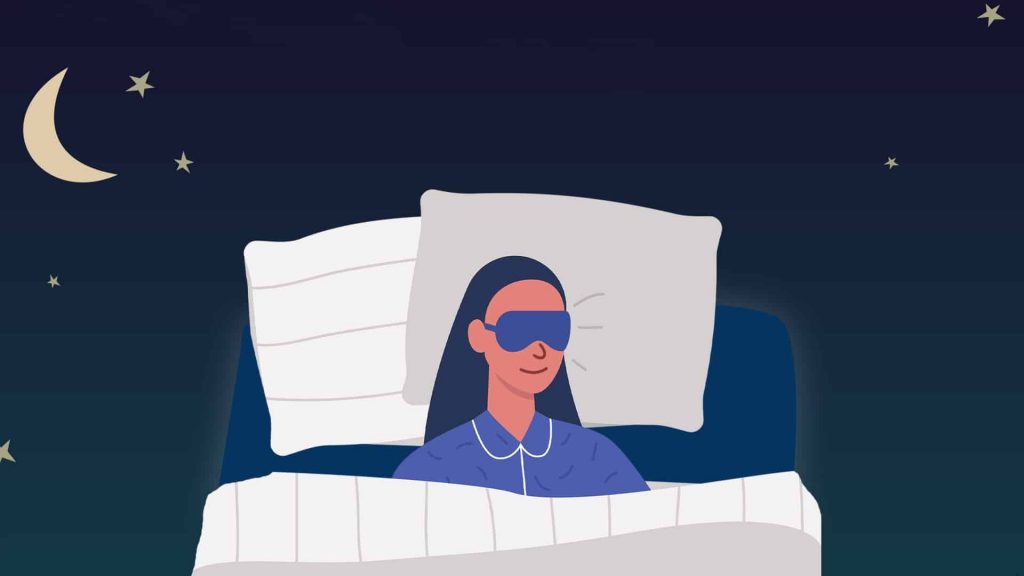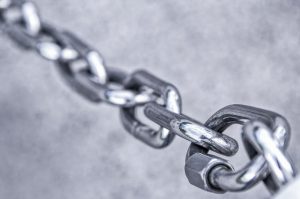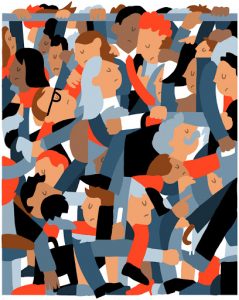
Living a healthy lifestyle is more than just exercising and having a good diet. Not getting a good night’s sleep can affect not only your productivity and focus the next day, but can affect your weight, blood pressure, and mental health. Here are 5 tips to help you sleep better and feel your best the next day.
Consistency
Consistency is key when it comes to sleep. Making a sleep schedule for yourself is helpful in making sure you get enough sleep every night. Going to sleep at the same time every night, and waking up at the same time every day (even on weekends) will help you to be sure to fall asleep every night. Limiting naps during the day will also help you to feel more tired at night.
Avoid Caffeine and Alcohol
Try to limit your caffeine intake and avoid caffeine for six to eight hours before your bedtime. Caffeine stays in your system for up to ten hours and can make it extremely difficult to fall asleep if you consume large amounts. Avoiding alcohol can also help with your sleep. Drinking alcohol before bed can make a person feel tired and help them to fall asleep faster, but makes them prone to more disruptions in their sleep.
Exercise Before Bedtime
Exercising and leading an active lifestyle can promote healthy sleep. When you exercise, your body’s core temperature and heart rate increase, and then slowly decrease when you stop. This decrease causes a tired feeling and can help you fall asleep faster. Most sleep disorders are caused by stress, and exercise has been proven to improve both mental health and mood, making it easier to fall asleep and stay asleep.
Create a Peaceful Environment
Having a nice, quiet, peaceful room to rest in makes a world of difference when trying to fall asleep. Going to sleep in a cool and dark room will help you fall asleep faster. Things like black out curtains, sound machines, and fans will make you feel relaxed and ready to fall asleep. Breathing exercises and meditation can also help you fall asleep faster.
Limit or Avoid Electronics Before Sleep
Using electronics and looking at cell phones or screens before bed can affect your ability to fall asleep and stay asleep. The blue light that many screens give off can delay the production of melatonin in your body, making it difficult to fall asleep. If you must look at a screen before bed, make sure to adjust the brightness or wear blue light blocking glasses.
Many things can discourage you from getting a good night’s sleep. It is important to your health and well-being that adults get seven to eight hours of sleep each night to be successful and productive the next day. Having a peaceful and calm environment to fall asleep in and going to bed every night at the same time can greatly improve your ability to fall asleep and stay asleep. Limiting caffeine, alcohol, and electronics will allow your body to fall asleep and not be affected by any sleep disruptions. Adopting these 5 habits will help improve your mood, mental, and physical health.
Amy is an writer and editor. A mom of girls who loves shopping, reading, and lots of coffee. She has a bachelor’s degree in english literature. Her dream is to become a successful and well-known writer.


